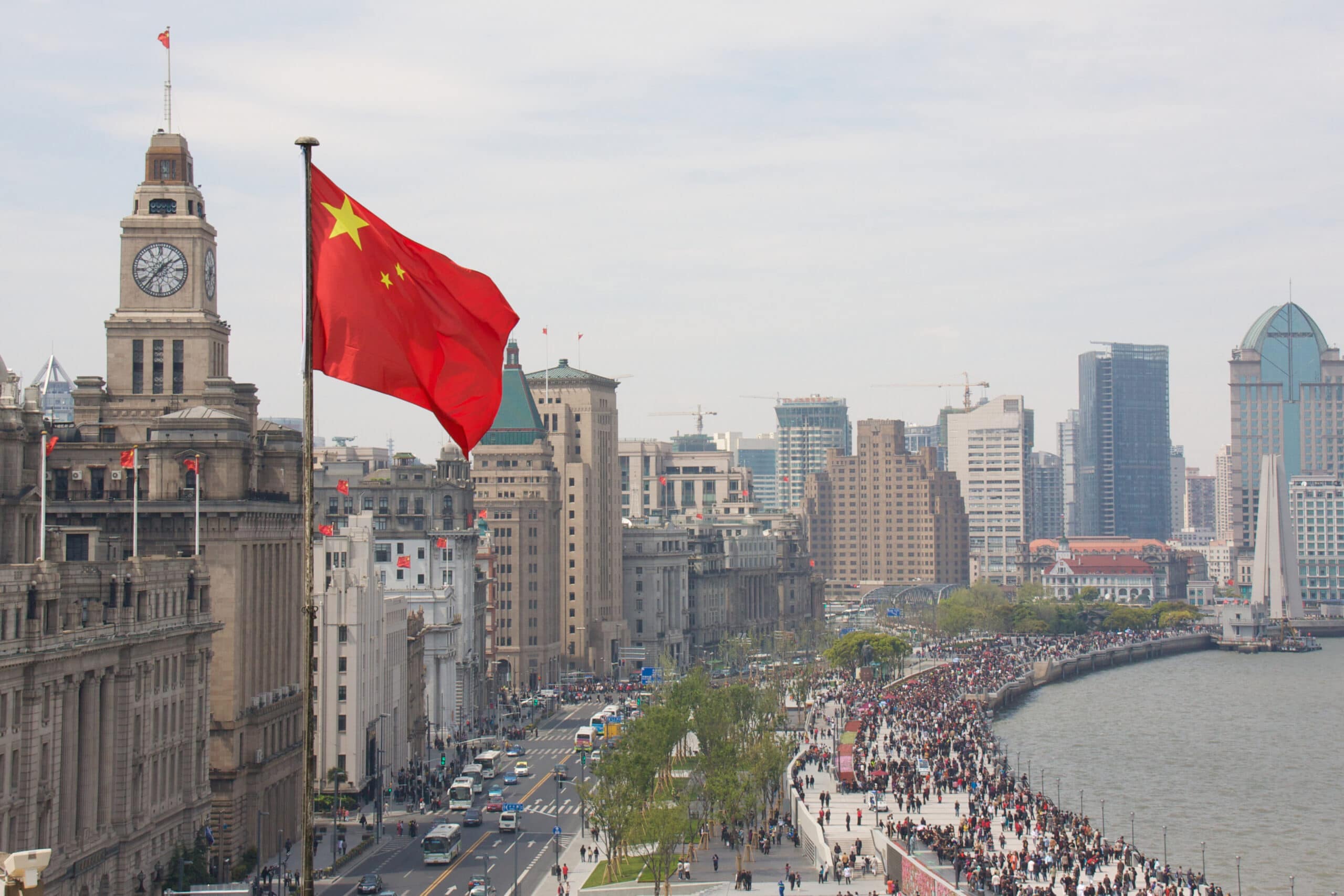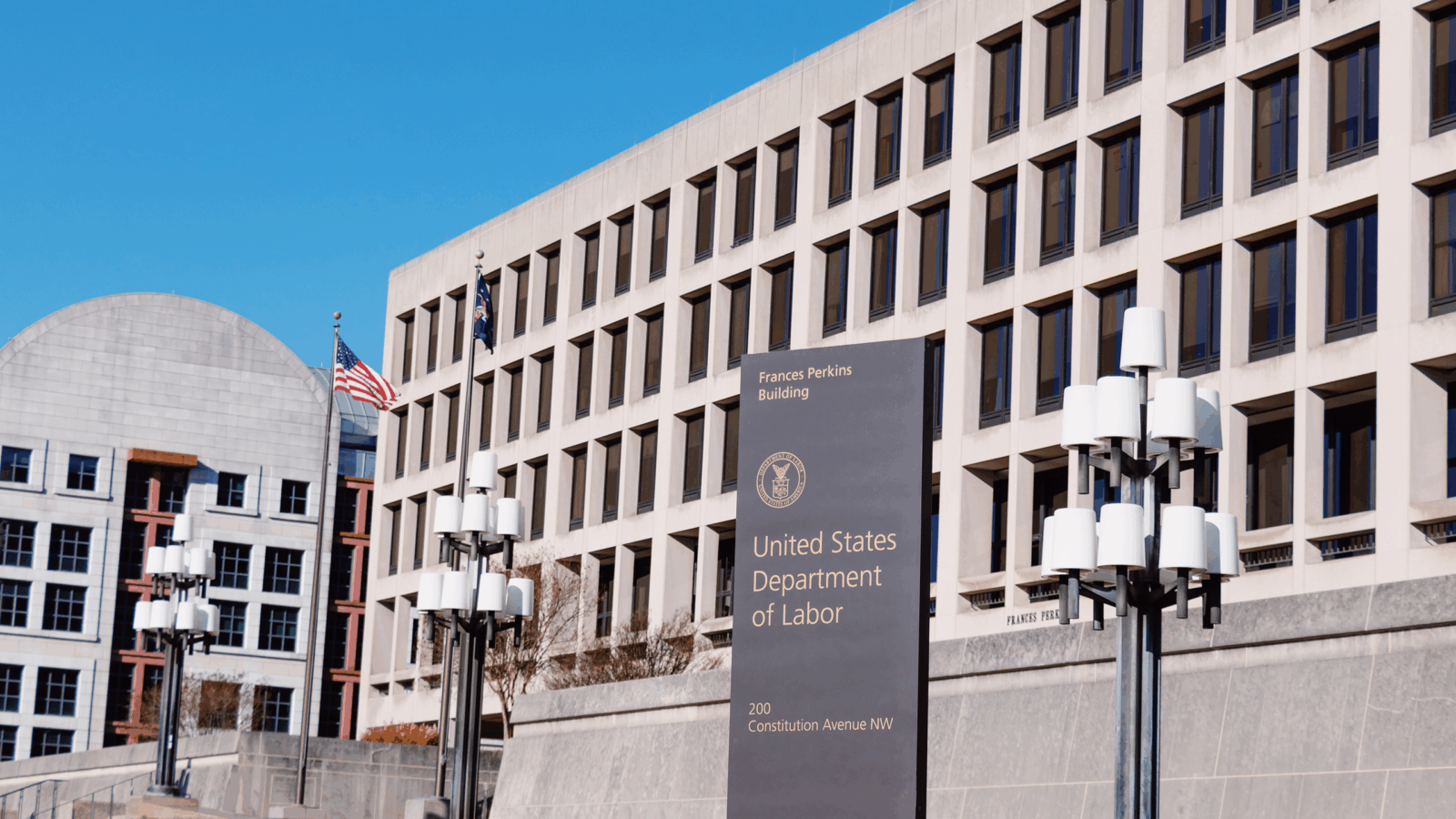
Sign up for smart news, insights, and analysis on the biggest financial stories of the day.
China has fully committed itself to a zero-Covid policy. It’s a drastic — some would say draconian — goal, and drastic goals require drastic measures.
In its latest major step, China is not just locking down major cities like Shanghai, but nearly the entire country itself. On Thursday, the Chinese government said it intends to “strictly limit” unnecessary outbound travel.
Not Leaving On a Jet Plane
Throughout the pandemic, Beijing has advised its citizens to avoid non-essential travel. Still, the new restrictions, announced Thursday by The National Immigration Authority on popular social media platform WeChat, suggest a looming crackdown at the borders — both in and out of the world’s most populous nation. The declaration came soon after the National Health Commission reported 237 newly confirmed cases and 1,680 new asymptomatic cases, mostly in Shanghai. Meanwhile, in Beijing, 35 new locally transmitted cases in the previous 24 hours sparked concerns about an imminent lockdown.
Outbound tourism has all but evaporated in the past two years, in stark contrast to the pre-pandemic years, when Chinese travelers were among the world’s most frequent and wide-ranging flyers. As travel resumes throughout much of the world, the continued absence of Chinese tourists is already stinging the travel industry:
- In 2019, over 154 million outbound tourists departed from China, according to Statista — a remarkable increase from just 57 million outbound tourists departing from China in 2010, as tourism exploded in the country. In 2021, just 25 million Chinese tourists traveled internationally.
- Chinese travelers racked up over $260 billion in expenses while traveling abroad in 2019, also per Statista — the most of any nation. Americans spent $184 billion, with Germans, Brits, and the French rounding out the top five.
Unsurprisingly, the pain is felt most acutely at tourist destinations in nearby Asian countries. Vietnam’s government says that more than 95% of travel businesses in the country — a vacation hotspot for mainland Chinese — have closed or suspended operations. Unfortunately for international destinations and cabin-fever-feeling Chinese tourists alike, the trend may not end anytime soon. A January Goldman Sachs report forecasts that the Chinese government’s strict rules will last at least through the end of the year, and likely into 2023.











